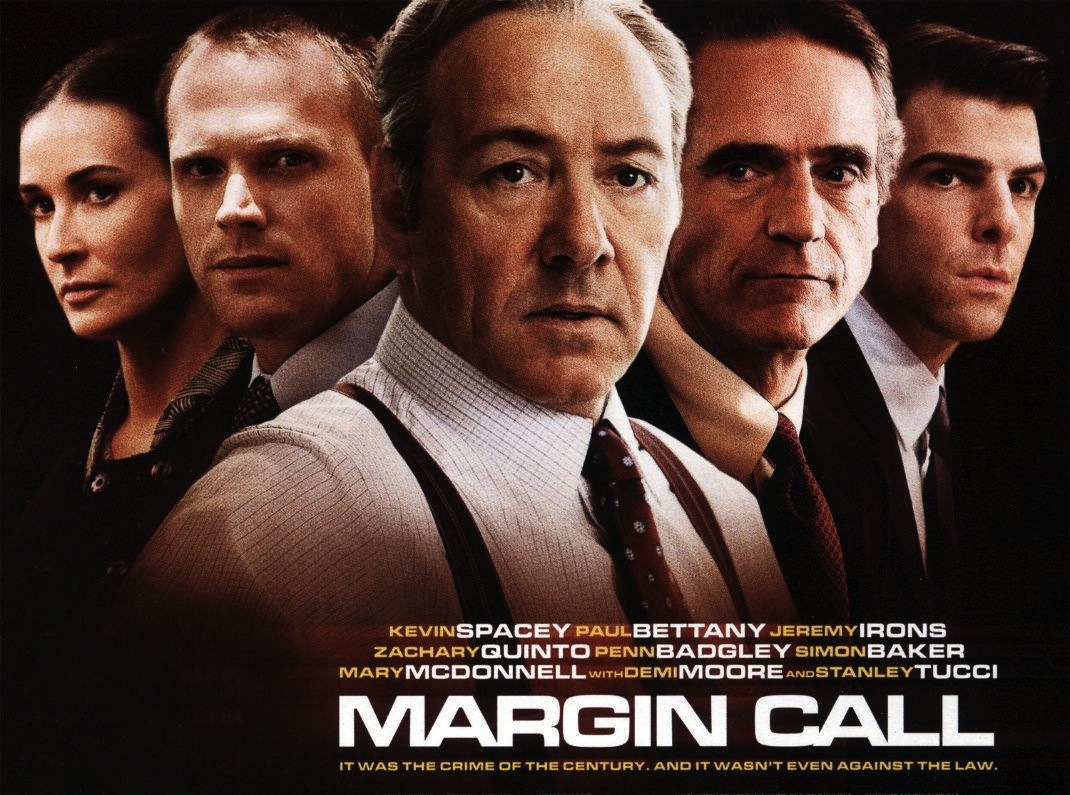Bribery! That was the main problem that occurred which caused them to be the headline news for reasons which hurt their reputation. People can be tempted so easily with money, especially when it is such a large amount. You would think that someone like Sepp Blatter would be immune to these bribery requests but it turns out he gives into them as easily as anyone else.
One of the main reasons for unethical behaviour in a business is due to poor leadership which is the case for FIFA. It was the executives who were bribed for a total value of almost $100m. When accused at first, they chose not to reveal their own investigations to the public and just publicise an executive summary. I believe that this is one of the places where they went wrong. It may have been better for them to cooperate and give the investigators what they needed.
Sepp Blatter - who has been suspended until further notice - denied all accusations and some people at FIFA still believe that the whole scandal would just "go away" but something as big as this is not going to magically disappear. Michel Platini - successor of Sepp Blatter - has also been suspended. This leads to the question, how long has this been going on for? The FBI has been investigating them for three years and although the investigations start with the bidding process for Russia 2018 and Qatar 2022, it has been extended to look back as far as the past twenty years.
I do not believe Sepp Blatter could have managed this scandal on his own with none of his executives finding out. Most of the committee would have been in on this issue and must have decided that it was not a problem to do this. A number of people have already been charged with this issue. A separate investigation for Sepp Blatter was also launched by Swiss prosecutors. It was unsure whether this meant that Sepp Blatter would continue with presidency but it was later agreed that he would step down when a successor was determined which I believe is the best thing to do right now. It was his decisions that caused FIFA to be involved in this mess and large sponsors such as Coca Cola are threatening to withdraw their sponsorship. This is fair enough because there is no reason why such a large international company should have links to a corrupted organisation as this may ruin Coca Cola's reputation.
FIFA has managed to fail most of the PIPCO principles. They did not maintain professional behaviour and had no integrity in their actions. They were acting out of self interest and did not consider the affect it would have on external shareholders.
It was decided that the best option for the FIFA committee to have a different president after a certain number of years so that even if scandals like this occur, the chances of it continuing on for so long is slim. Whether the business is big or small, ethics will always have a large role in it.
What do you think? Let me know in the comments below!



